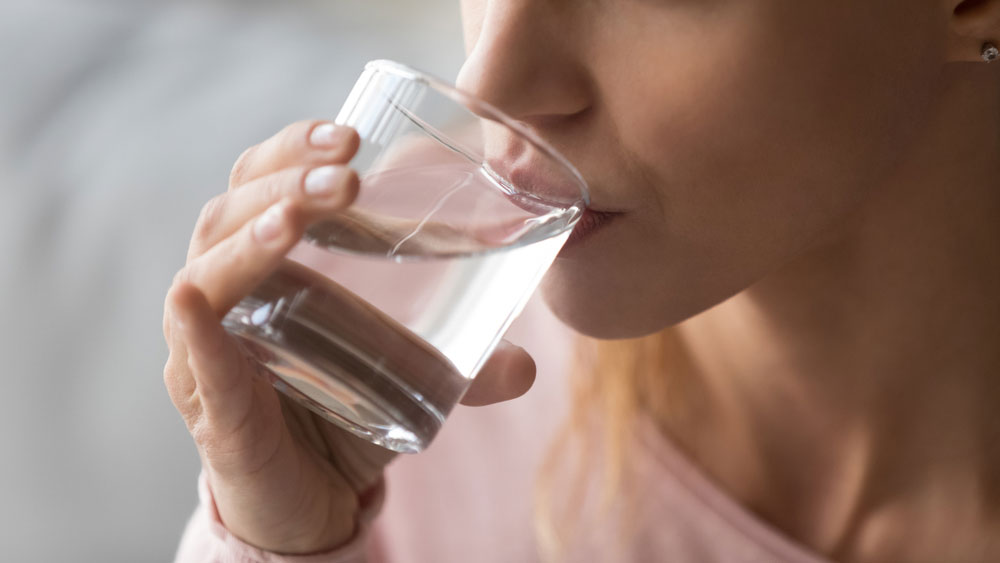
Chronic Dehydration And 5 Ways to Fight It
Anyone can become dehydrated if exposed to extreme heat or extended physical activity. Typically, acute dehydration can be addressed by drinking water. However, for people suffering from chronic dehydration, their dehydration occurs for longer periods and it can lead to even more serious health challenges.
You may not notice any of the usual signs of dehydration if your body has become accustomed to making do with reduced water. However, symptoms can include constipation, dry skin, frequent headaches, ongoing muscle weakness, and constant fatigue. Let’s look at five ways to prevent and treat chronic dehydration.
Drink More Water
Water alone may not do the job but it’s still important to ensure you take in adequate amounts. Adding a few slices of fruit can make it more palatable if you struggle to drink plain water. Unsweetened juice and coconut water can also be helpful.
Get Intravenous Therapy
Grabbing a glass of water is easy and affordable. However, it’s not the most efficient way to treat chronic dehydration. The quickest way to get liquids into your system is through IV hydration therapy. When you drink water, your digestive system uses some it to process the liquid but since intravenous liquids bypass the stomach, moving directly into the bloodstream, allowing full absorption. Vitamins, minerals, and electrolytes are added to the solution for an extra boost.
Reduce Your Alcohol Consumption
Alcohol contributes significantly to dehydration so if you drink a lot of it, you’re not helping your dehydration. Reducing your intake of alcoholic beverages and replacing them with more water and unsweetened drinks will be helpful.
Eat Water-Rich Veggies and Fruits
Watermelon, cantaloupe, tomato, and cucumber should be included in your diet if you’ve been struggling to stay hydrated. They’ll give you the water you need along with some added nutrients. Water-rich fruits and vegetables can also be used in juices and smoothies to add some variety to your diet.
Treat the Cause
You’ll need to work with your doctor to get to the root of your dehydration. If it’s due to damaged organs or digestive issues, addressing these may help. If your diet or lifestyle is causing your hydration issues, your doctor may suggest a comprehensive, personalized treatment plan.
Chronic dehydration has been linked to reduced kidney function, kidney stones, dementia, hypertension, and other health conditions so it needs serious attention. Follow the suggestions above to get the relief you need.

